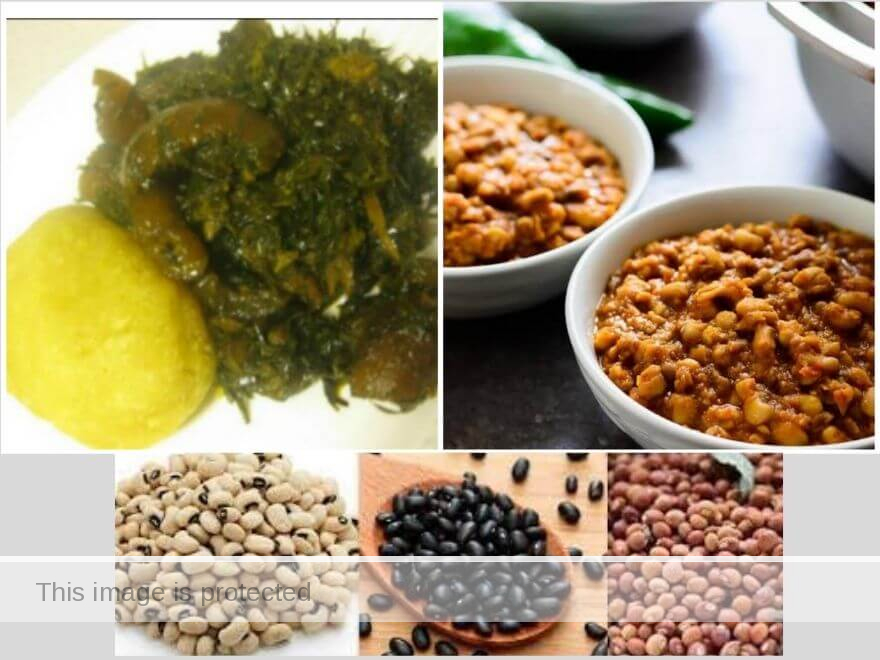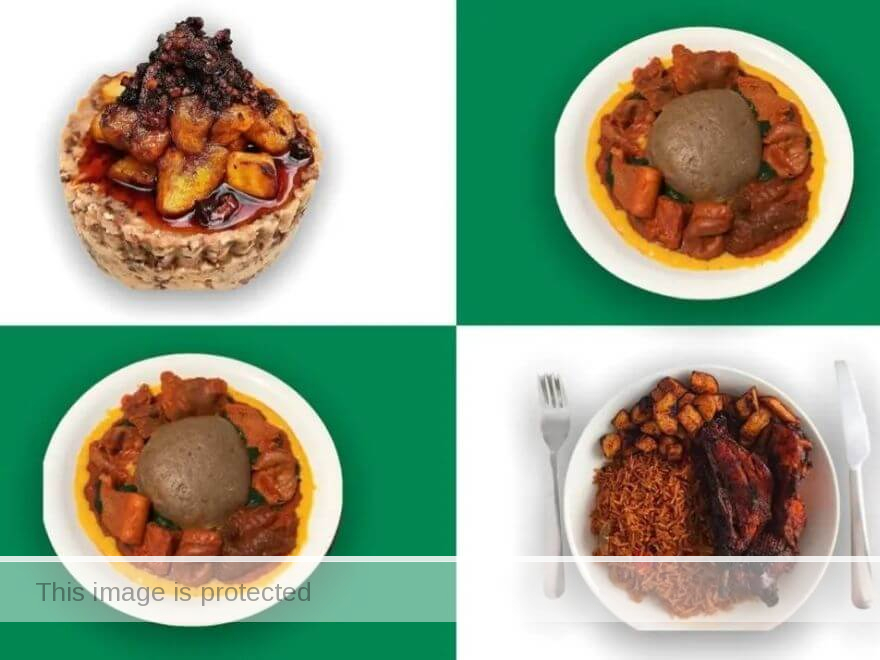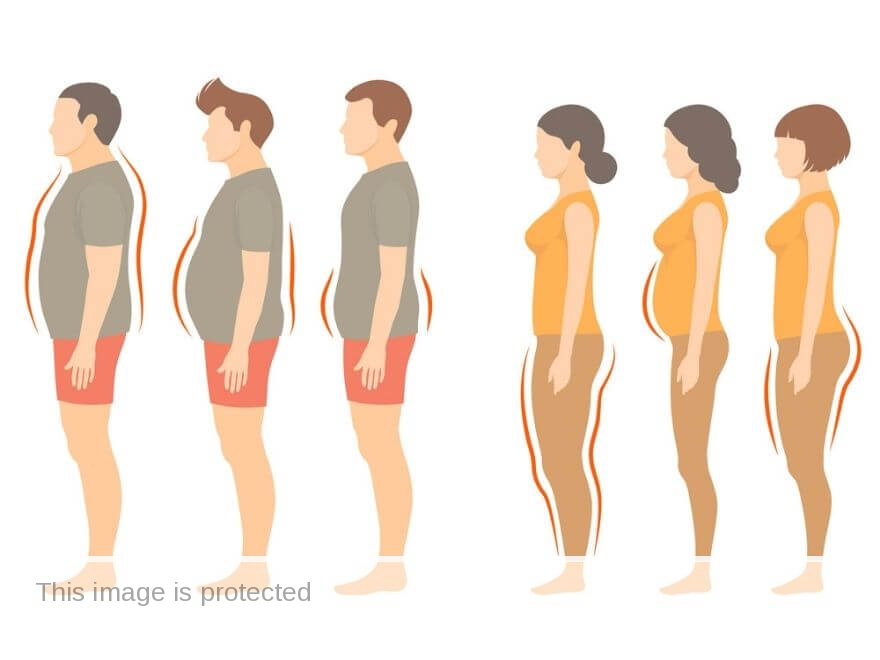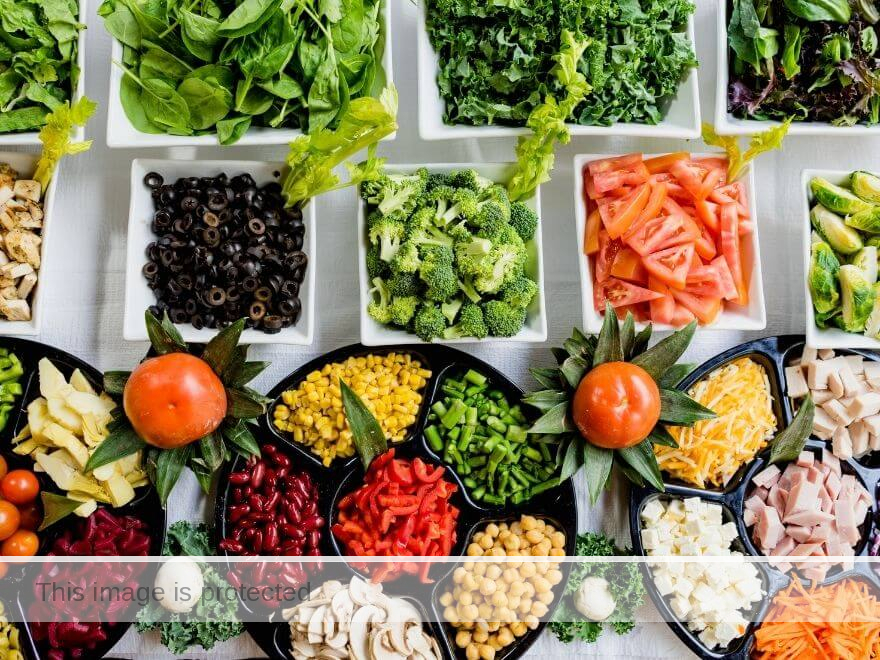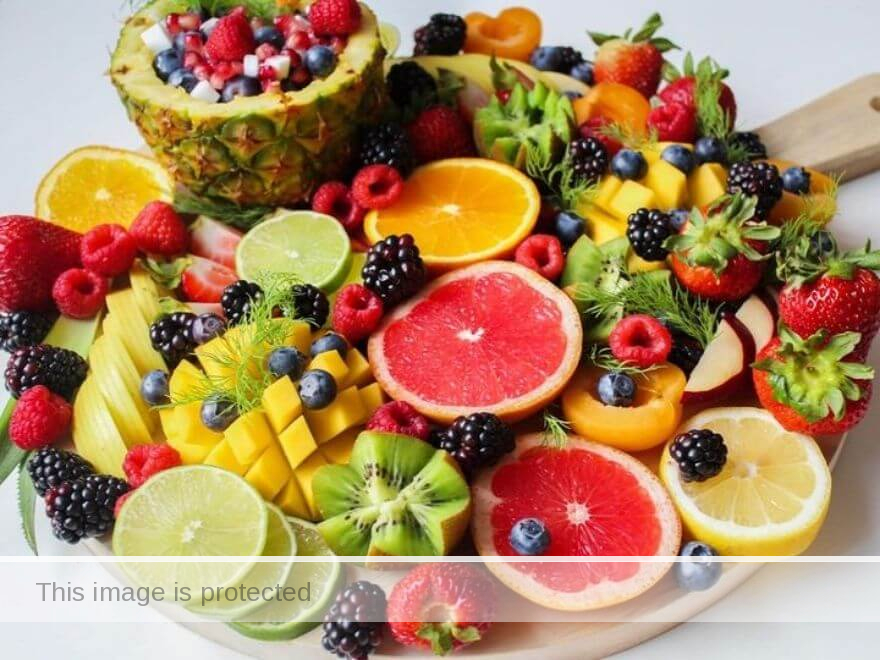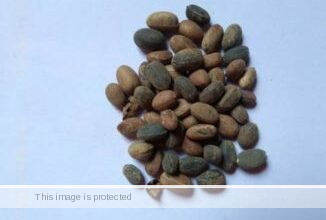How Much Water Do You Need to Drink for Weight Loss?
Water is an inorganic, transparent, tasteless, odorless, and nearly colorless chemical substance, which is the main constituent of Earth’s hydrosphere and the fluids of all known living organisms.
It is vital for all known forms of life, even though it provides no calories or organic nutrients.
Why is Water Important?
The importance of water just can’t be stressed enough.
A person can go for weeks without food, but only a few days without water.
Water is crucial because our body uses water in all its cells, organs, and tissues to help regulate temperature and maintain other bodily functions.
And since our bodies lose water through breathing, sweating, and digestion, it’s crucial to rehydrate and replace water by drinking fluids and eating foods that contain water.
Here are ways water affects our life and reasons it is such a powerful element:
- Water helps your muscles perform at their best
- Water can help prevent and treat headaches
- Drinking more water may help prevent constipation
- Drinking water helps flush toxins from your kidneys
- Water can help make your skin look good
- Water helps by creating saliva
- It regulates body temperature
- Water aids cognitive functions
- Water protects the tissues, spinal cord, and joints
- It helps excrete the waste in our bodies through perspiration, urination, and defecation
- Water maximizes our physical performance
- It helps to boost our energy levels
- Water prevents overall dehydration
- Water protects your tissues, spinal cord, and joints
- Water aids in digestion
- Water prevents you from becoming dehydrated
- Water helps your brain function optimally
- Water keeps your cardiovascular system healthy
- Water helps prevent hangovers
Does Drinking Water Helps in Weight Loss?
YES! it does.
Drinking water increases the number of calories you burn, which is known as resting energy expenditure.
Drinking water to lose weight is one of the easiest things you can do to support your weight loss efforts.
If your body doesn’t get enough water, it becomes dehydrated.
When you’re dehydrated, your body also can’t flush out toxins or regulate itself as easily.
By not flushing out these toxins, you will be more susceptible to sickness, disease, weight gain, and premature aging.
How Much Water Should You Drink to Lose Weight?
Drinking lots of water is one of the major doctrines of weight loss.
But just how much water is ‘Sufficient?’
Well!! There is no standard recommendation for how much water to drink.
Some people require more or less water, depending on a variety of factors, including: climate you live in, activity level, age, gender, body size, temperature, humidity, sun exposure, health status, tendency to sweat and more.
The standard eight 8-ounce glasses (64 ounces total) recommended by most health authorities should suffice and can help boost weight loss for the average person or someone just looking to drop a few pounds.
Also, people who sweat a lot or exercise regularly may need more water than those who are not very active.
Older people and breast-feeding mothers also need to monitor their water intake more closely.
For overweight people, their water needs are different.
You’ll need to drink half of your body weight in ounces of water.
So, if you weigh 160 pounds, aim for 80 ounces of water a day.
As a good rule of thumb, you should always drink water when you’re thirsty, and drink enough to quench your thirst.
Let your thirst be your guide; if you’re still parched after 8 glasses, drink more (just don’t go overboard).
Another indicator for if you are hydrated is the color of your urine.
You can also try the Urine Color Test to evaluate how you’re doing on drinking up.
After going to the bathroom, look at the color of your urine.
A pale yellow or almost clear color means you are properly hydrated.
Darker yellow is a sign of dehydration, it means you need more water.
Brown or cola-colored urine is a medical emergency, and you should seek medical attention.
When Should You Drink Water to Lose Weight?
As for when you should drink water to maximize weight loss, drinking water before a meal can help you feel more satisfied and eat less.
Drinking a 16-ounce (500 ml) glass of warm water is recommended before you eat as an easy habit that will pay off long term.
And, because water can help with digestion, also consider drinking some after your meals.
Ensure spreading your water intake throughout the day.
How Can You Boost Your Water Intake?
Try drinking a cup of water after brushing your teeth in the morning and evening.
You can or set up reminders to do this.
Another approach is to add water-containing foods such as watermelon, strawberries, peaches, oranges, spinach, berries, grapes, melons, tomatoes, celery, cucumbers and lettuce to your diet.
Carry a warm water bottle with you wherever you go and keep taking sips from it as and when you feel the need.
Track your water intake and ensure you consume the optimum amount every day, which is a minimum of half your body weight, in ounces/milligrams.
Conclusion
Water can be really helpful for weight loss.
It is 100% calorie-free, helps you burn more calories and may even suppress your appetite if consumed before meals.
Although everyone has their own individual hydration needs, 64 ounces is a good start for your weight loss rituals.
It is not also recommended drinking too much water either, as it may cause water toxicity.
Keep in mind that you’re going to have to do a lot more than just drink water if you need to lose a significant amount of weight.
Losing weight requires a consistent commitment to several lifestyle choices.
Water is just one small part of your wellness journey.
Without calorie restriction and/or exercise, just drinking only water is not likely to lead to significant weight loss.
So, what are you waiting for?
Grab a reusable water bottle, keep refilling it, and sip your way slim.
If you love and learnt from this post, do share with others by using your preferred social media share button below.

